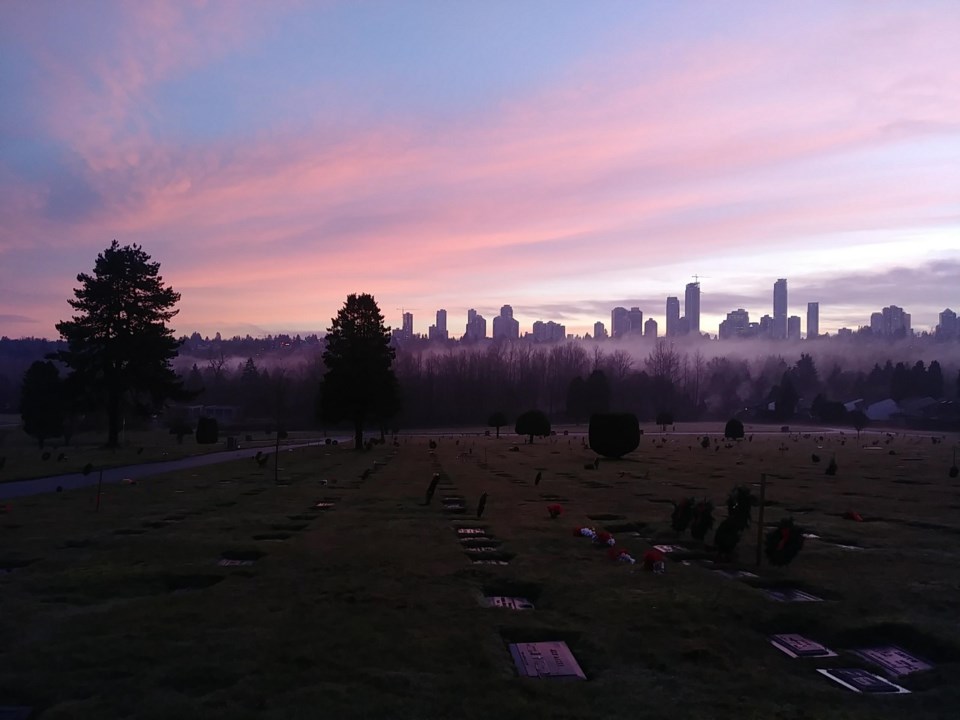B.C. Premier John Horgan announced this week the provincial government will be launching a task force to improve tenancy laws, but for renters in Burnaby's Metrotown neighbourhood, increased protections for tenants may not be enough.
The Rental Housing Task Force, to be headed up by Vancouver-West End MLA Spencer Chandra Herbert, will review existing rental laws and consider how they apply to different housing models and how other jurisdictions have addressed similar housing issues. The group will consult with the public, including landlords and tenants, on their experiences with tenancy laws and the rental industry, look at improving security and fairness for renters and landlords with a focus on affordability.
But for Zoe Luba, with the Alliance Against Displacement and Stop Demovictions Burnaby, she thinks the government should only be listening to renters, not landlords.
“Any sort of task force that sits down and listens to people who already have power in the situation, the landlords, is going to come out with some pretty biased results,” she told the Burnaby NOW. “We need to listen to people under attack. That’s renters.”
Increasing rights for tenants under B.C.’s Residential Tenancy Act (RTA), won’t fix the housing crisis, says Luba; really fixing problems for renters requires a more drastic change.
“Even if your rights under the RTA are improved, the current system still favours profit-driven development over people, over tenants,” she says. “No eviction should be legal. All eviction should end.”
Structural poverty and inequality are the reason for all evictions, she says, even evictions made for cause.
And evictions are something Metrotown residents are familiar with. Last year, the city approved the Metrotown downtown plan which rezones neighbourhoods in a way that will see more low-rise walk-ups being torn down in favour of highrise luxury condos.
Craig Jones, UBC PhD candidate in geography, studies how cities deal with the loss of aging rentals, like the three-storey and four-storey walk-ups in Metrotown. He says those housing units, built in the ‘60s, ‘70s and ‘80s, provide affordable rental units to lower income people. They’re being torn down, but not replaced.
“The really tricky part is, to the people I’m talking to, is help finding new places to rent at a similar level of affordability and suitability. That’s the really tricky part…particularly trying to find a new place to live the same neighbourhood,” he told the NOW.
One change Jones would like to see is transparency on what happens to tenants when they are relocated, as some municipalities consider creating tenant relocation policies. These policies often includes a payout of several month’s rent following eviction.
Burnaby council amended its own tenant assistant policy last month, which now requires landlords to pay tenants an extra month’s rent, now up to four from three month’s rent.
The province’s rental task force will work through the summer and report findings and recommendations in the fall.



